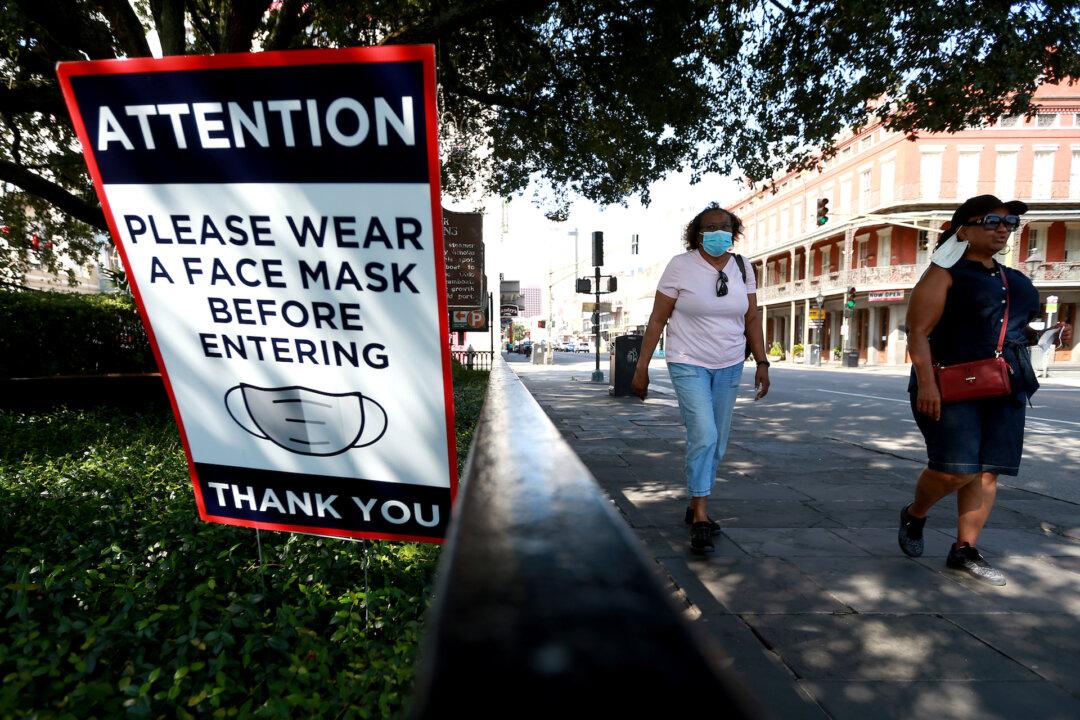Americans remain cautious about scientists’ involvement in public policymaking, according to a new survey, which shows that overall trust in scientists has ticked up slightly this year, but it still falls far short of pre-pandemic levels.
The erosion of public trust in scientists in the aftermath of COVID-19 has barely recovered, according to a Pew Research Center survey conducted in late October and published on Nov. 14.





